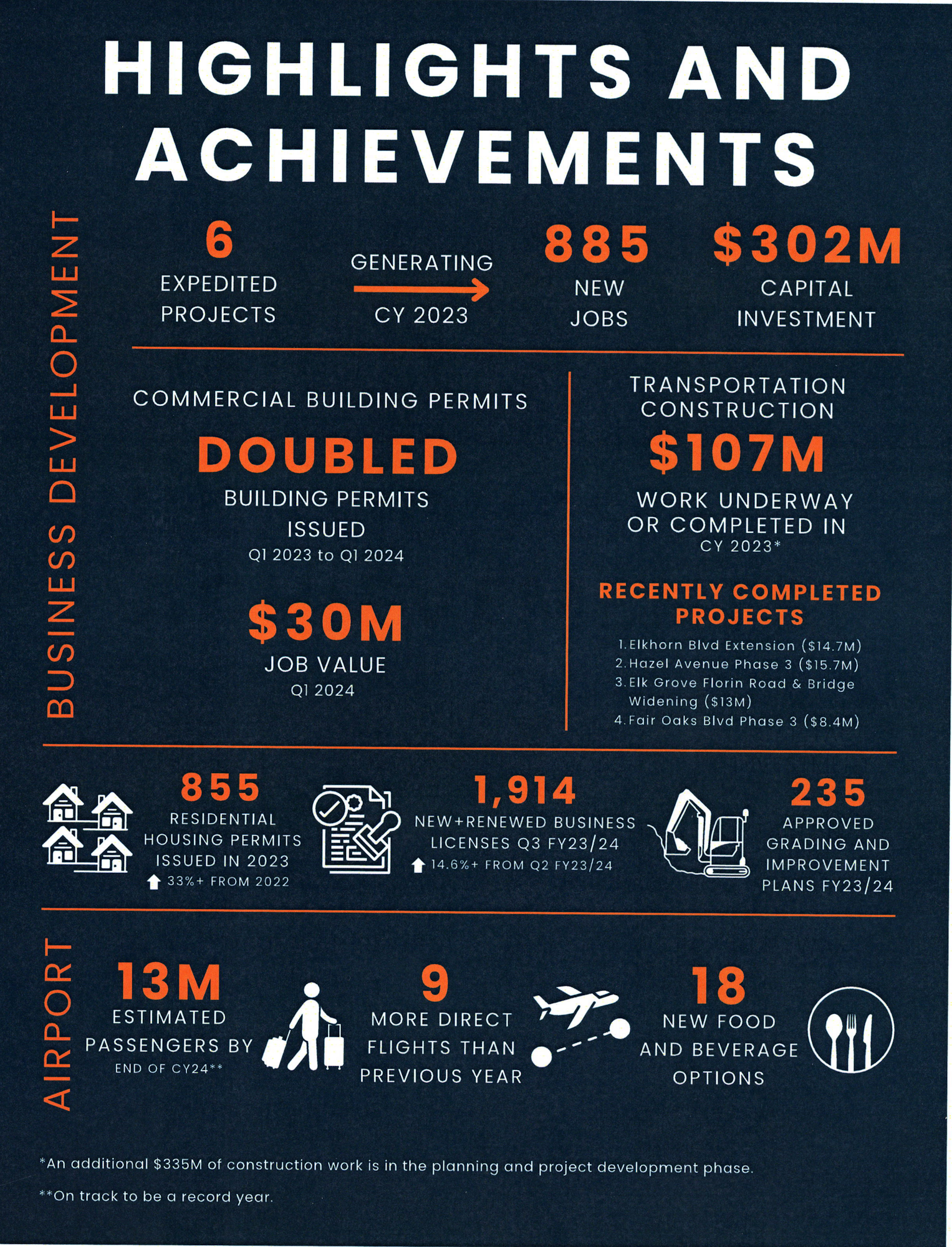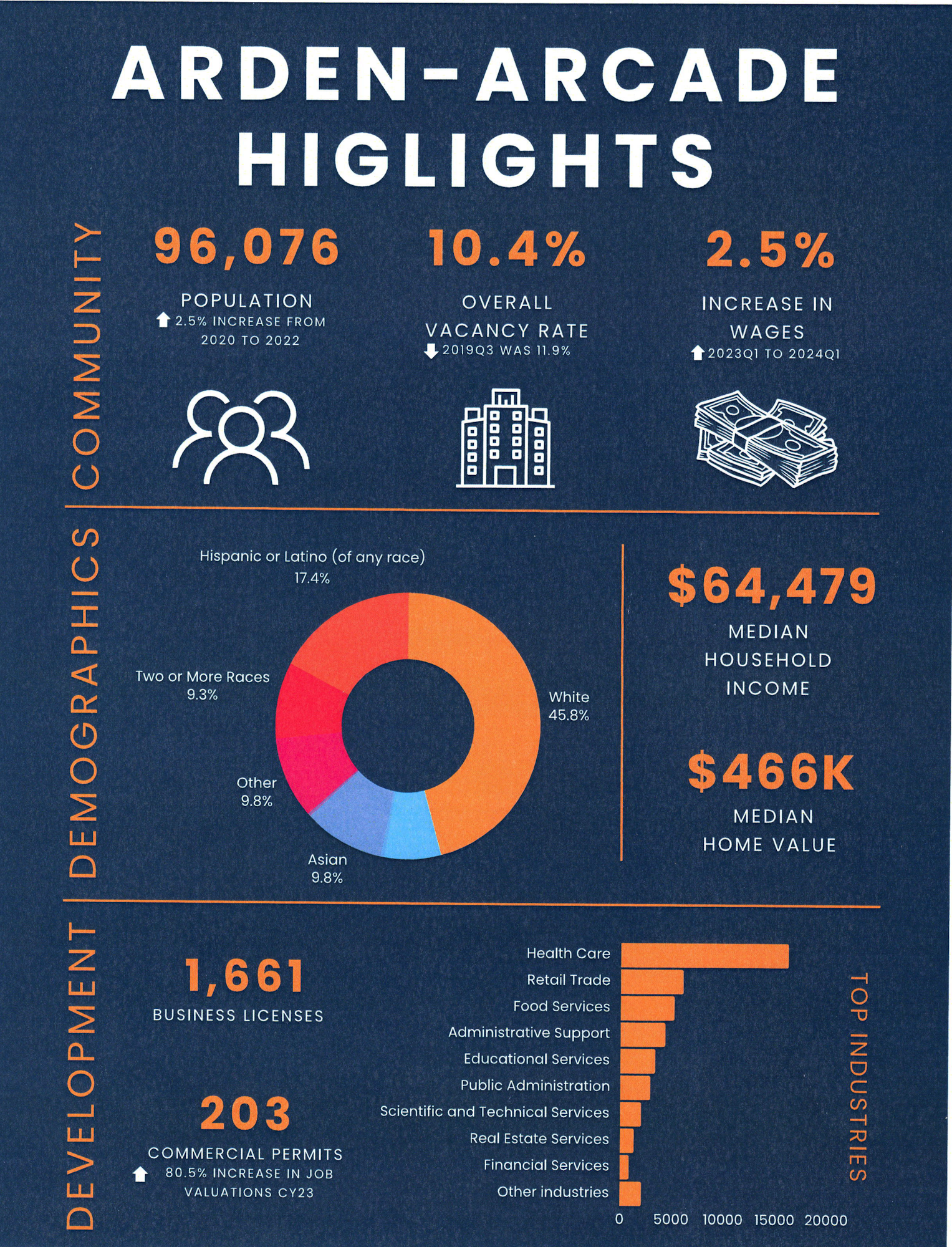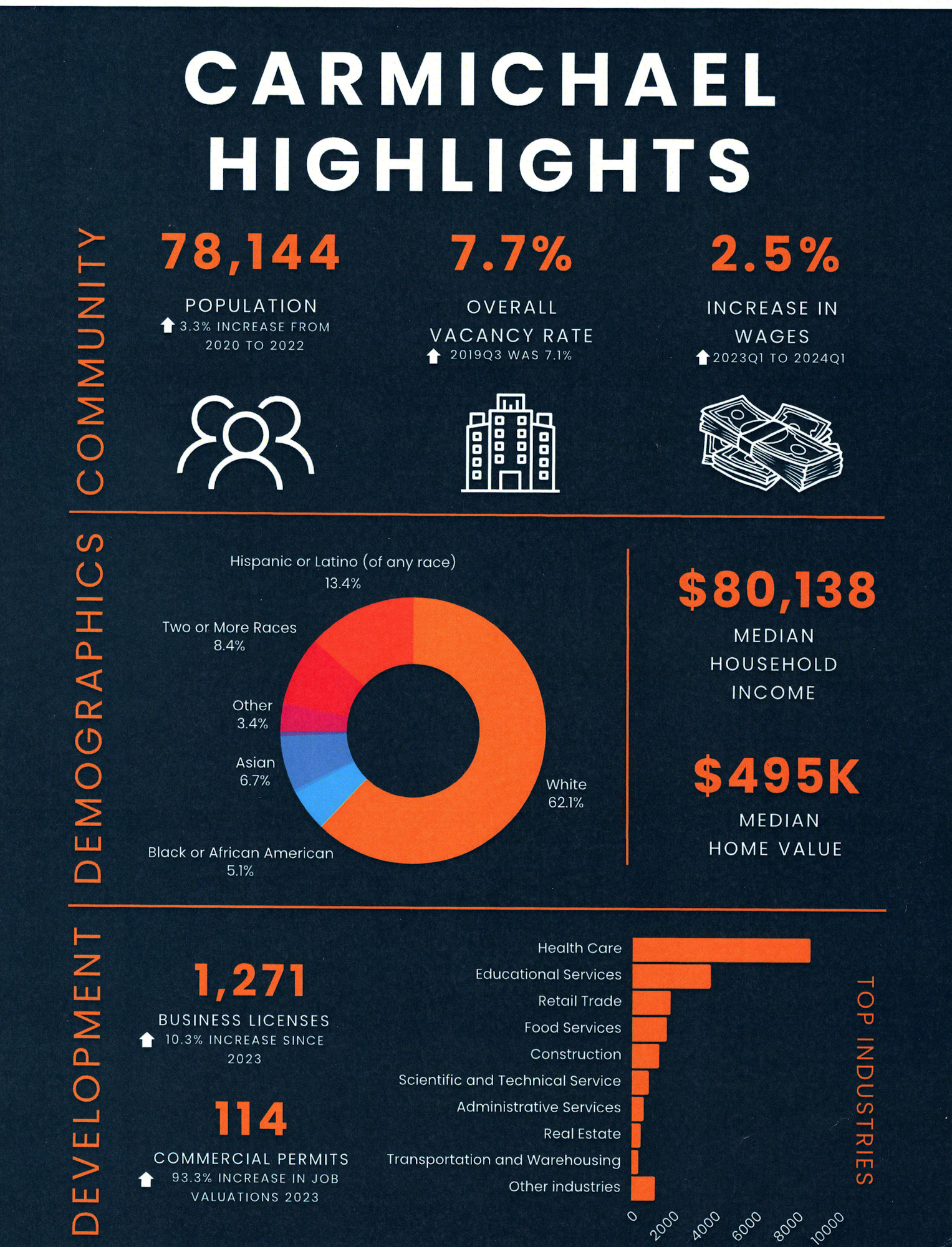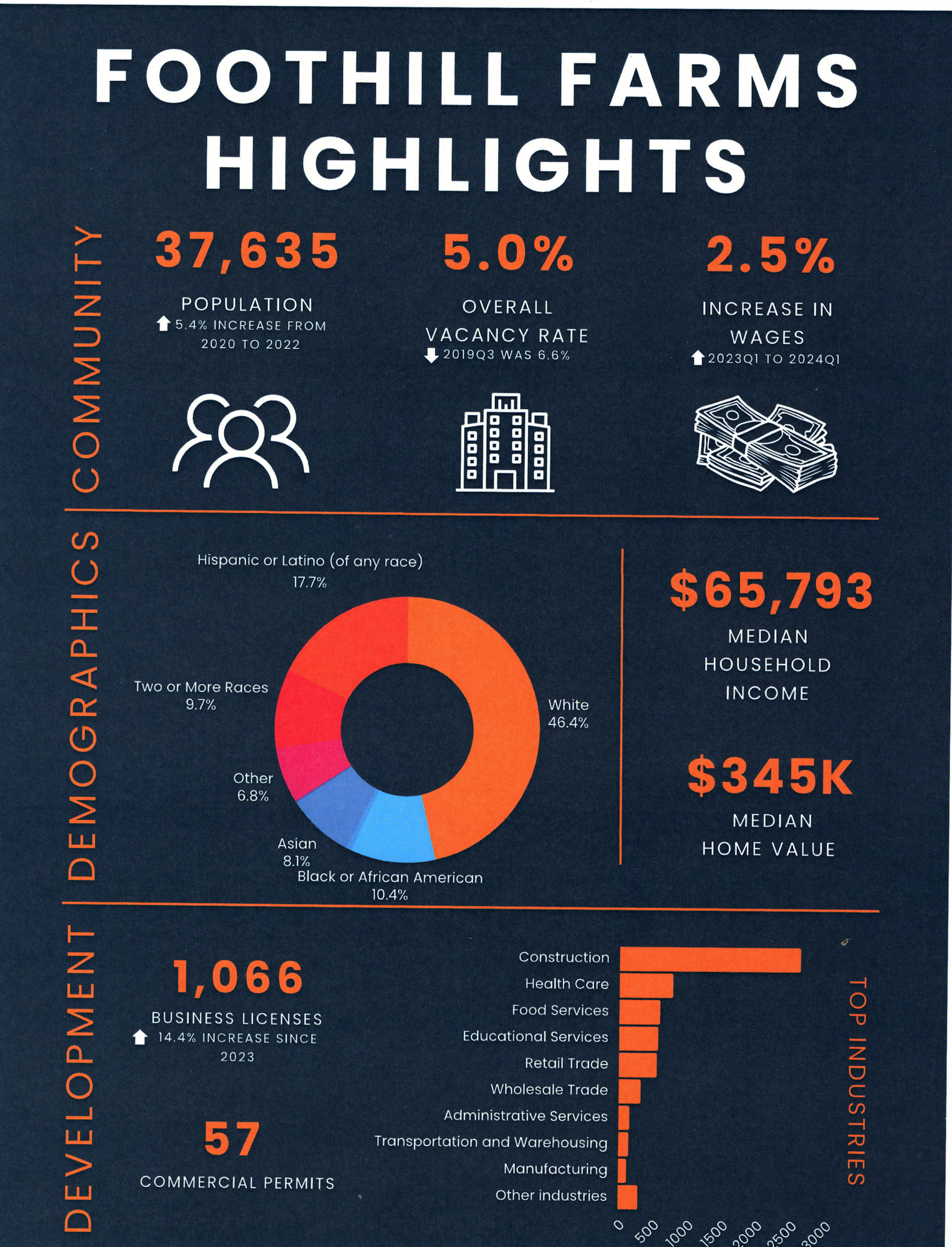Update: Supervisor Desmond's Land Use and Economic Development meetings
Last month we posted about Supervisor Desmond's community meetings on land use and economic development. Realizing that very few of the hundreds of thousands of us unincorporated nobodies in the Supervisor's District would be in attendance, we sent our newsroom elves to all of the meetings. Here's a synopsis of their observations.
OVERALL
Supervisor Desmond and his key people - Planning Director Todd Smith and Economic Development Director Crystal Bethke - did not disappoint. Their presentations showed they seem to honestly care about the land use jumble and strip mall-obsessed business matrix in the large unincorporated portion of the District and that they wanted to improve things. Unfortunately, their predecessors messed up things so much that the current situation will take a very long time to get well. It's like trying to turn an oil tanker around; it's neither easy nor quick. Still, they deserve credit for trying - for listening, for acknowledging the problems, and for being realistic about prospects for solutions.

The basic problem is the County's traditional one-two punch of failing to plan and failing to implement. The meetings were held in Fair Oaks, Arden Arcade, Carmichael and Foothill Farms, where the effective dates of the community plans for the first three locations are, respectively: Fair Oaks 1975, Arden Arcade 1980, Carmichael 1975. A community plan is supposed to be the blueprint for the community. It establishes the vision and seeks to bring that vision to fruition within a specific time horizon that's generally long enough to make the vision become reality. As time goes by the plans are supposed to be adjusted to reflect changes in circumstances from the foundational information that drove the plan to be prepared and adopted. The community plans for Fair Oaks, Arden Arcade and Carmichael were based on data from half a century ago; they clearly have not kept up. In the late oughts, all three of those plans went through a fake update process themed around community engagement and neighborhood empowerment. Once adopted, implementation of those updates was scrapped by a Board of Supervisors that, thinking themnselves much smarter than you and not wanting to give up power, quickly lost interest in the concept of neighborhood services. Ancient history, right?
Well, what about Foothill Farms? Let's first understand the identity crisis under which Foothill Farms and its North Highlands neighbors have labored for a long time. For years, the County lumped those two communities together, primarily for the care and feeding of McClellan Air Force Base. The 1974 North Highlands – North Central Area Community Plan had the key objective “to protect the operational effectiveness of McClellan Air Force Base by preventing the intrusion of incompatible uses into the area.” Subsequent closure of the base made that plan obsolete. And along the way, planning for Foothill Farms was shifted over to, and blended with, planning for Carmichael. To be fair, the County DID do some more modern-era planning work for some sub-sectional areas of North Highlands, Foothill Farms and Carmichael, focused on certain commercial corridors. Ultimately, though, the bottom line turned out to be insincerity towards the communities on the part of the Board of Supervisors, with the exception of some privileged neighborhoods in zip codes 95864 and 95608.
Arching above all the community plans is the County's General Plan, much of which has been superseded by the County's incomprehensible Zoning Ordinance (that is supposed to implement the General Plan, not the other way around). Long story short, the Zoning Ordinance has been consistently abused, with favors dispensed like candy to whichever short-term-profit development scheme graces the planning and development desk. And it hasn't helped when the Community Planning Advisory Councils (CPACs) act like little gods who try to keep the public at arm's length as a tactic to accommodate developers. To make matters worse, in recent years the state has enacted legislation to further cheat on local plans by giving great deference to "affordable housing" projects that have, on occasion, let investors have leverage to get away with doing harm to neighboring properties.
Supervisor Desmond is now trying to turn the oil tanker around. Yet, as he told the audiences at the four meetings, almost all of his constituents (290,000 out of 315,000 cof them) live in unincorporated communities and the County is just not structured to deliver viable municipal services to that big a population with just 1 Supervisor at the helm. Not deterred, his staff is trying to help. At the meetings, Planning Director Smith and Economic Development Director Bethke explained their Departments' strategies and tactics and displayed a sense of open-mindedness for the public. After their presentations there were Q&A sessions that seemed to stimulate genuine discussions. In other words, those were not your normal County meetings. What a pleasant change!
Handouts were distributed at each of the meetings (see below). Supervisor Desmond took a risk broaching the subjects of land use and economic development in this series of meetings. He and his team are to be thanked for trying - we certainly wish them well going forward. It is not clear what the next steps are, though. Supervisor Desmond said he wants to think about it, perhaps by following up with some more general town hall meetings.
FAIR OAKS MEETING 8/29
About 35 people attended. It was an early evening meeting. You got the sense from the presentations that a kind of new experiment was underway. Planning Director Smith talked about the difficulties of planning for 58 different county sub-areas and how coordinating with special districts comolicates infill projects. Economic Development Director Bethke spoke of the importance of small businesses and the need to work with several different chambers of commerce. Fair Oaks is a community that actually has a discernable "downtown", one that hasn't been completely destroyed yet. And the residents clearly cherish their community. So it was interesting that the most discussion-provoking question from the audience came from a Carmichael resident whose property has been adversely impacted by a neighbor's Accessory Dwelling Unit (ADU). Supervisor Desmond responded by explaining that the County had no choice but to abide by the state's new rules covering ADUs, even though it was clear that there were situations where adjacent properties would suffer.
ARDEN ARCADE MEETING 9/12
Around 30 people were at the meeting, which was held in the early morning. The presentations were similar to those given at the prior meeting. Supervisor Desmond highlighted his travails dealing with homelessness. He said state funds are being used to convert the Marriot Residence Inn on Howe near Arden to 32 units of permanent supportive housing for homeless individuals, with the balance of the 176 units to be used for affordable (subsidized) workforce housing. He also mentioned Country Club Plaza, where a storage facility has been proposed. The audience responded with enthusiasm when he said he is opposed to it. Economic Development Director Bethke said that Arden Arcade is a wonderful community, adding that a key to help market that strength is to grow the businesses that are already here. There was an audience question about how to nurture those businesses instead of the big corporations. She responded that there are grants for that purpose.
CARMICHAEL MEETING 9/16
There were nearly 50 people at the meeting, which was also held in the early morning. Supervisor Desmond reiterated that his top priorities were dealing with homelessness, roadway maintenance (the unincorporated area maintenance backlog has risen to $1.4B, up from $990M), better municipal governance and public safety. Planning Director Smith said the County cannot pressure out of town investors to move beyond basic entitlements, so it tries to incentivize better buildings. Examples include a new program of pre-approved ADU designs that have been vetted for faster building permits and a development fee offsets program. Economic Development Director Bethke also talked about Property Business Improvement Districts (PBIDs) as being important in maintaining relationships with commercial property owners and agents. Responding to audience questions about ADUs conflicting with local plans, Supervisor Desmond promised to bring up the matter with the state Legislature. Audience concerns also touched on code enforcement issues: cars parked on lawns, excessives cars per house and the dysfunctionality of the 311 complaint system. The audience said it was common for impacted neighborhoods to not know about proposed projects, particularly apartment projects that clash with nearby single-family houses. When Country Club Plaza came up, the Carmichael audience gasped aloud at the storage facility proposal and applauded Supervisor Desmond's opposition to it.
FOOTHILL FARMS MEETING 9/17
The final meeting was held in the early evening at the Liberty Towers Youth Center on Elkhorn Blvd., a Black Child Legacy site. Though just 12 people attended, the discussions between the presenters and the audience were intimate, demonstrating that the number of people at a meeting is less important than the caliber of participation by people who are deeply commited to their community. Supervisor Desmond mentioned that identity issues between the unincorporated area and the City of Sacramento have not been helped by years of benign neglect by the County. He spoke of the need for development projects to add to, rather than detract from, the community. He refered to the mixed use project at Auburn and Garfield as an example. He said the safe ground homeless facility on Watt has taken a long time because the County wants to get it right. The opening is planned for late in 2025. Planning Director Smith said Foothill Farms is one of the County's four designated Environmental Justice Communities. He discussed the forthcoming North Watt Corridor Plan that is concerned with the inadequate infrastructure in the vicinity - an impediment to development. Economic Development Director Bethke focused on support for small businesses, including a business watch program (to identify problems), a small business liason office (that could, for instance, help an out-of-compliance restaurant get back into compliance) and the possible creation of a PBID.
THE MAIN HANDOUTS:












